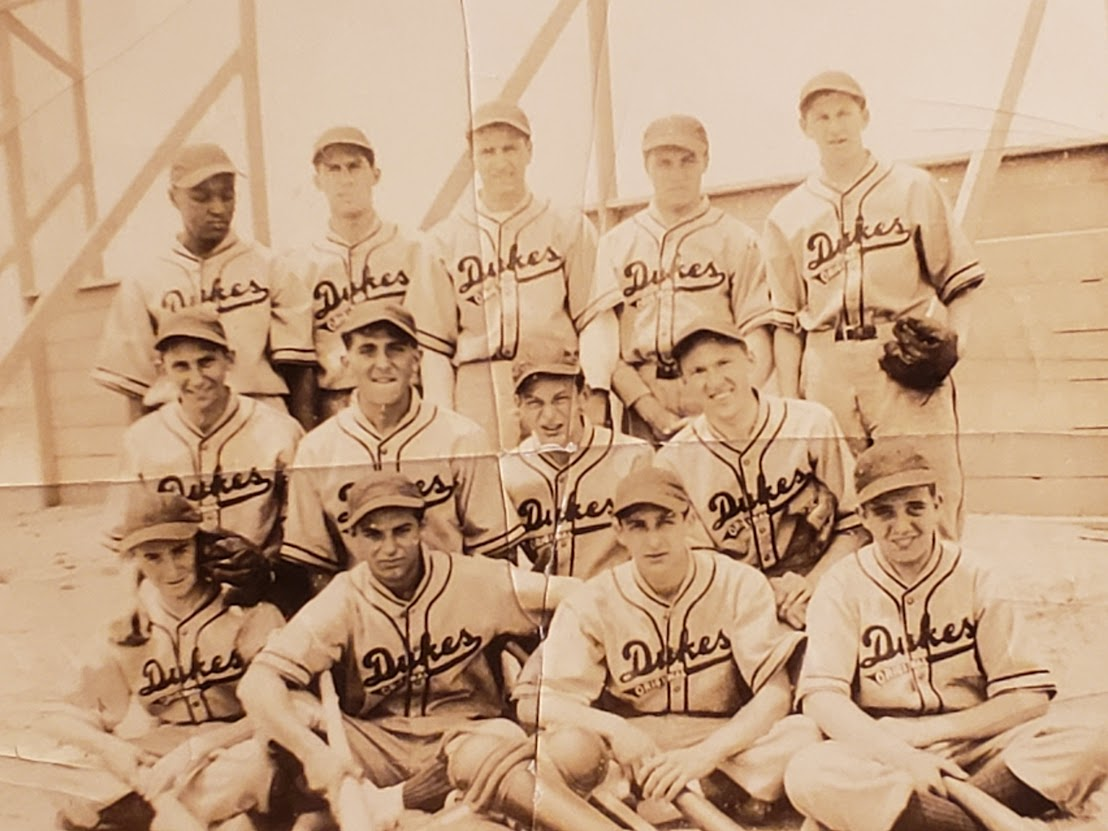Archived Stories
Subscribe to our NewsletterPGL/HBQVB 2025 Summer Crossover League Playoffs
The 2025 PGL/HBQVB Summer Crossover League Playoffs are being held starting this coming Saturday, September 6th and Sunday September 7th in the Cub (10u) and Freshman (15/16u) Divisions . All 10u Games will be played at Preller/Padavan Field, 236-2 Hillside Avenue in Queens and in the Parade Grounds in Brooklyn in the 15/16u Divisions . The Plaiyoffs in both Divisions will be Pool Play as described below. I have listed the standings and seedings below of the teams that are going to participate. There will be no Playoffs held in the Bantam (12u) and Grasshopper (14u) Divisions due to lack of teams. Tje League Championship in those Divisions will be determined by Regular season Play and the Champions are listed below.
Please read over the attached schedule carefully. Since it is a tight Pool Play schedule, changes to the schedule in any way will be very difficult to make. If there are any questions or issues please contact me ASAP via email or give me a call on my cell phone at (301) 704-7436.
Best of luck to all. Jerry
|
|
PARADE GROUND LEAGUE CROSSOVER – 2025 SUMMER PLAYOFF SCHEDULE |
|
|
|
|
|
|
|
|
|
|
|
9/3/24 |
|
|
|
|
|
|
|
|
|
|
|
|
|
|
|
|
|
|
|
Week of August 26th |
Sept 6th |
|
|
|
|
|
|
|
|
|
DAY |
DATE |
TIME |
AWAY |
HOME |
GAMES |
FIELD |
Umps |
Results |
|
|
|
|
|
|
|
|
|
|
|
|
|
|
|
|
Cub Games |
|
|
|
|
|
|
|
Sat. |
6-Sep |
9 a.m. |
Bonnie Braves |
Hard90 |
G1 |
HBQVB |
HBQVB |
|
1 ump |
|
Sat. |
6-Sep |
9 a.m. |
Bonnie Rangers |
HBQVB |
G2 |
HBQVB |
HBQVB |
|
1 ump |
|
Sat. |
6-Sep |
11:15 a.m. |
Bonnie Rangers |
Hard90 |
G3 |
HBQVB |
HBQVB |
|
1 ump |
|
Sat. |
6-Sep |
11:15 a.m. |
Bonnie Braves |
HBQVB |
G4 |
HBQVB |
HBQVB |
|
1 ump |
|
|
|
|
Seed Teams 1-4 based on Record, Head-Head and Runs Allowded |
|
|
|
|
|
|
|
Sun. |
7-Sep |
9 a.m. |
S4 |
S1 |
G5 |
HBQVB |
HBQVB |
Semi-Final |
1 ump |
|
Sun. |
7-Sep |
9 a.m. |
S3 |
S2 |
G6 |
HBQVB |
HBQVB |
Semi-Final |
1 ump |
|
Sun. |
7-Sep |
11:15 a.m. |
WG5 |
WG6 |
G7 |
HBQVB |
HBQVB |
Champ Game |
2 umps |
|
|
|
|
|
|
|
|
|
|
|
|
|
|
|
Freshman Games |
|
|
|
|
|
|
|
Sat. |
6-Sep |
10 a.m. |
Hard90 |
Bonnie Paws |
G1 |
PG#3 |
PGL |
|
2 umps |
|
Sat. |
6-Sep |
12:30 p.m. |
LG1 |
HBQVB Rampage |
G2 |
PG#3 |
PGL |
|
2 umps |
|
Sat. |
6-Sep |
3 p.m. |
HBQVB Rampage |
WG1 |
G3 |
PG#3 |
PGL |
|
2 umps |
|
|
|
|
Seed Teams 1-3 based on Record and Runs Allowed |
|
|
|
|
|
|
|
Sun. |
7-Sep |
2 p.m. |
S3 |
S2 |
G4 |
PG#3 |
PGL |
Semi-Final |
2 umps |
|
Sun. |
7-Sep |
4:30 p.m. |
WG4 |
S1 |
G5 |
PG#3 |
PGL |
Champ Game |
2 umps |
|
|
|
|
|
|
|
|
|
|
|
|
Field Abbreviations |
|
|
|
|
|
|
|
|
|
|
HBQVB |
Preller/Padavan Field, 236-2 Hillside Avenue, Queens |
|
|
|
|
|
|
|
|
|
PG |
Parade Grounds #3 |
ounds #3 |
|
|
|
|
|
|
|
BROOKLYN DUKES CAPTURE 2025 PGL OPEN LEAGUE CHAMPIONSHIP







